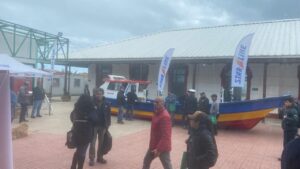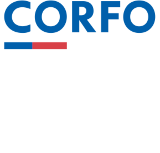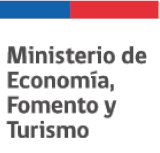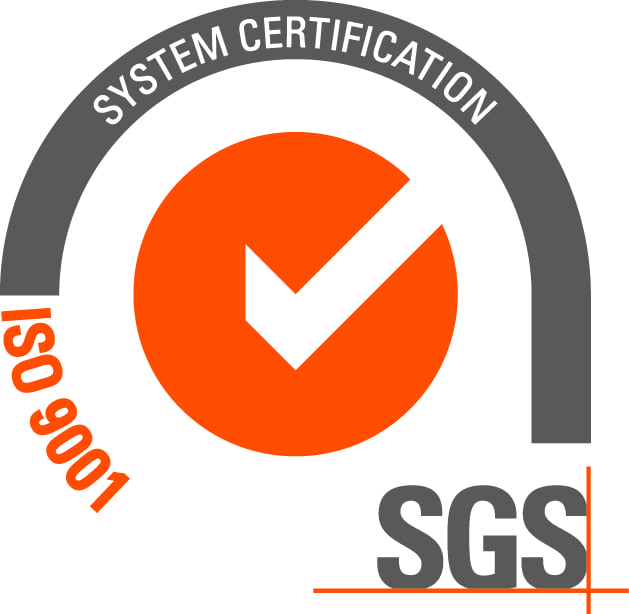

The 1st Caletas 2025 Meeting was held in Los Vilos, where fishermen from the province gathered to discuss and delve into topics related to Fishing, Aquaculture, Marketing, Legislation, and Gender, alongside institutional representatives related to artisanal fishing. The purpose was to open a conversation, with a view to contributing to local economic development and the development of a healthy, sustainable, and sustainable lifestyle. The topics covered included current fishing legislation and its challenges, fishing and aquaculture productivity, education, the environment, sustainability, and social organization. Representatives from artisanal fishing organizations in the Los Vilos commune participated, as well as institutions such as the Coquimbo Regional Government (GORE), the Undersecretariat of Fisheries and Aquaculture, SERNAPESCA, the Los Vilos Mayor’s Office, the Catholic University of the North, CEAZA, PROCHILE, the Coquimbo Municipal Fisheries Office, IFOP, MOP, and Minera los Pelambres, among others. Representatives Carolina Tello and Daniel Manouchehri also participated.
The Fisheries Development Institute was represented by researchers Andrés Olguín, Nicolás Adasme, Gabriela Arenas, Bryan Bularz, and Luis Ariz. IFOP actively participated in the poster exhibition with content related to topics of interest to artisanal fishing in the Los Vilos commune, such as AMERB and benthic resources in general. IFOP also gave two oral presentations on benthic fisheries. The first presentation, by Andrés Olguín, Senior Researcher, focused on the study “Benthic Fisheries Monitoring: Permanent Biological Fisheries Monitoring.” He summarized the progress achieved over the 40 years it has been implemented throughout continental Chile, presenting its evolution, objectives, and achievements, highlighting the importance of having a monitoring program of this magnitude and nature. One of the study’s greatest strengths lies in its databases (more than 2 million landing records and more than 6.5 million specimens measured in more than 60 studied resources), the result of information gathered by IFOP technical staff at the country’s main landing centers.
The second presentation was given by Luis Ariz, Head of the Management Areas Section, who presented the topic: “AMERB Monitoring Program developed by IFOP – An Integrative Approach to Sustainable Development in Artisanal Fisheries.” He outlined the main thematic areas addressed by the Section in its role as advisor to the Undersecretariat of Fisheries and Aquaculture. Regarding the AMERB regime, he highlighted its performance in its socioeconomic, administrative, and biological fisheries areas. AMERB is understood as a system that integrates the dimensions of fishing organizations (social and human capital), the space where fishing activities are possible (physical capital), the resources extracted (natural capital), and the socioeconomic benefits, all within a context of vulnerability and the implementation of sectoral policies. Furthermore, in a pilot study on the implementation of the Pilot Cove Law, the cove was considered as a productive unit that integrates AMERB and small-scale aquaculture, achieving a comprehensive characterization of the system, which provides useful information for prioritizing decision-making by those institutions involved in the development of artisanal fishing.
Andrés Olguín stated: “I value the holding of events like these, where representatives of artisanal fishing, public and research institutions, and political and administrative authorities can come together and discuss. It’s rare that a municipality organizes events like this where artisanal fishing is the main player.”
For his part, Luis Ariz stated: “Events like this are important to us; they bring us closer to the reality experienced by those who live along the coast and make a living from artisanal fishing. Exchanging and listening to opinions regarding the development of artisanal fishing helps and guides us on the path to improving our methodological approaches that seek to understand the complex artisanal fishing system, thereby allowing us to be more assertive in our decision-making recommendations for those responsible for the sustainable development of fishing…”




